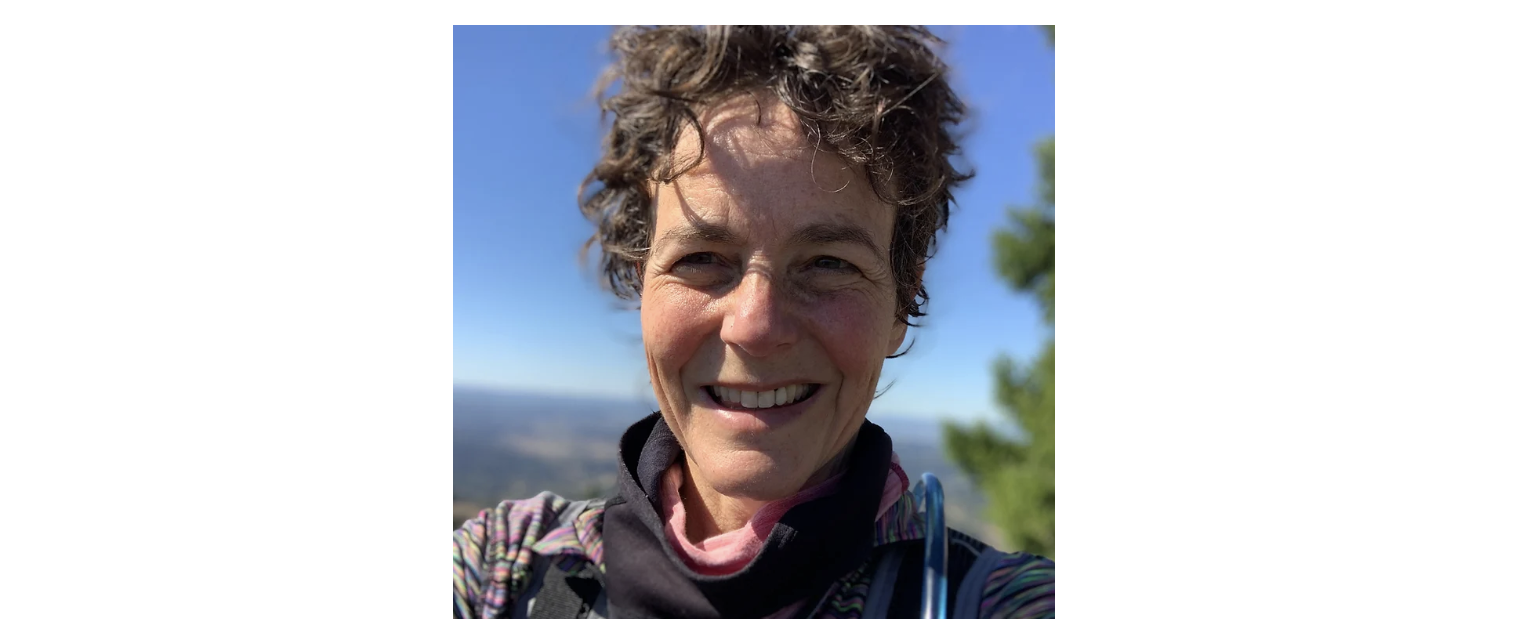Monday, October 2, we will meet online.
NEWCOMERS NIGHT THIS MONDAY Oct 2.
LEARN MORE HERE
Dear Friends,
This week we will meet online on Monday 7-8:30PM, in-person (3812 Northampton Street NW) on Wednesday morning from 7-8AM, and also in person on Friday 12-1PM.
On Monday evening we will have a very exciting guest teacher, Esther Freinkel Tishman, coming to us by way of sangha friend Andy Richman.
Esther is a Zen teacher, Tarot expert, interfaith chaplain and mindfulness instructor (her full bio is below).
Esther will be uniquely bringing together mindfulness practice and Tarot card reading! How can we use this ancient art to deepen our awareness and understanding?
Esther’s work is about “stress reduction, mindfulness training and life path discernment” and she will be sharing with us about what she calls The Dharma of Tarot:
Tarot’s origins are modest and unspectacular. Today’s 78-card deck, used for everything from spell-casting to self-help, emerged simply as a pack of playing cards in Renaissance Italy. But all the same - perhaps even because of its modest origin - the Tarot offers a powerful dharma. It’s imagery and structure echoes Buddhist teachings regarding self, interdependence and emptiness.
We’ll explore the wisdom teachings of Tarot through a lively discussion of its history and its mandala-like structure - culminating in a demo reading or two.
We look forward to sharing the evening with you.
With love,
Annie.
Esther Freinkel Tishman is a Zen teacher, Tarot expert, interfaith chaplain and mindfulness instructor. Her two practice homes are Buddha Eye Zen Temple in Eugene, Oregon - and the Mindful Tarot Community, a sangha she leads online. As a scholar of archetype and religion, Esther has published extensively on poetry, philosophy and mysticism (under the names Lisa Freinkel and Lisa Freinkel Tishman). In 2020 her book Mindful Tarot (Llewellyn) was nominated by the International Tarot Foundation for best tarot book of the year. Shakespeare Bulletin has characterized her writing as “engaging, provocative, impressively learned” and according to one leading scholarly journal, her book Reading Shakespeare's Will (Columbia UP) offered a “major shift in our understanding” of early modern visionary poetics.

